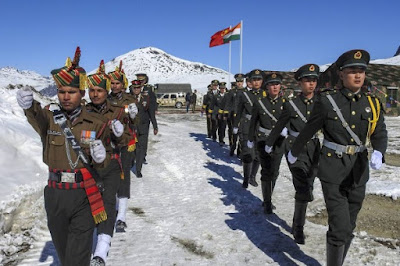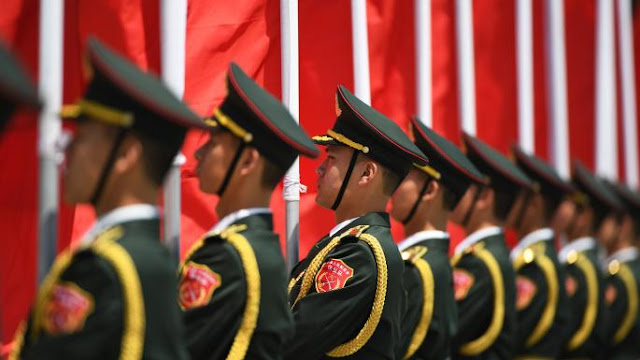Must India and China fight?

The simmering geopolitical tensions between India and China came to blows earlier this week, but then didn't. As the deaths of personnel being mourned in both countries, the leaders were sensible enough to walk back from the brink, recognising the futility of the conflict. However, while a hot war looks unlikely, the countries are likely to settle for another long period of disengagement and conflict. And, it seems the way it should be : Two emerging countries vying for global roles, with thousands of miles of common but unsettled borders and burning jealousy of trade are destined for conflict. Besides, the incompatible political systems, democratic India versus communist China, are supposed to engage - so say the commentators - in twentyfirst century's defining battle. But is this the way it must be? The current conflict seemed to have emerged from India's US pivot, a shift of foreign policy dating back to the 2008 Nuclear Treaty with US, which pulled India into the orbit ...


